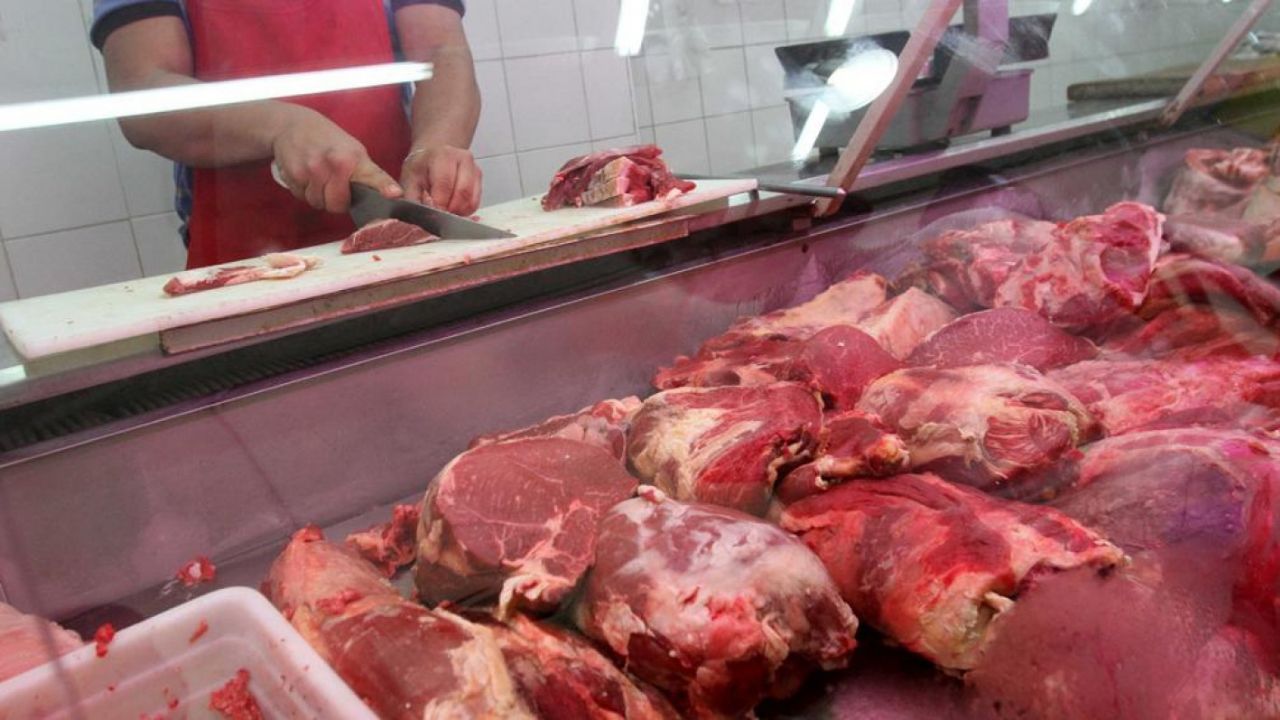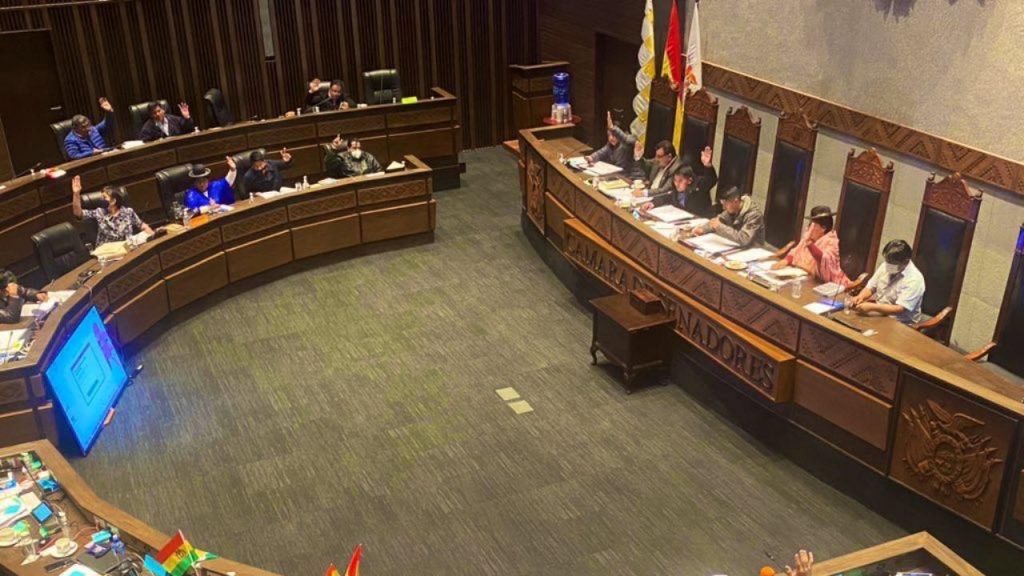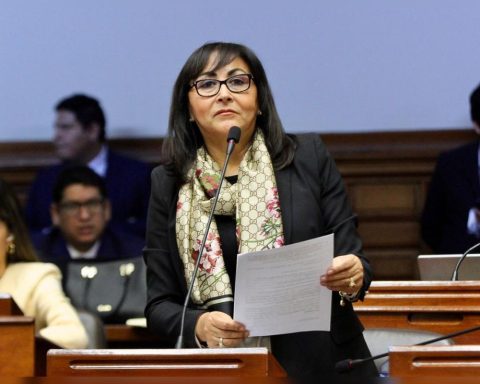According to what has been clarified by the Secretary of Internal Trade, as of this Wednesday and only for a few days, there will be about five cuts of meat that can be accessed at “popular prices” throughout the country so that Argentines can enjoy them during the Holidays.
In principle, the cuts of meat and its values are: roast at $ 549 per kilo, empty at $ 599 per kilo, matambre at $ 599 per kilo, skirt at $ 399 per kilo and barbecue cover at $ 499 per kilo. While, the offer of these food will be available on December 22, 23, 24, 29, 30 and 31.
Source: (Public Television)
During these dates, agreed with companies in the sector, Follow-ups will be carried out to corroborate the correct compliance with prices and supply of the cuts from meat. “We are going to put a lot of emphasis on this agreement,” said Roberto Feletti, head of the Secretariat.
“We want Argentine women and men to be able to consume without problems. The cuts chosen for this agreement are the most required at this time and we want everyone to have seamless access”Feletti added during the announcement.
Frozen Prices
In tune with the accessible prices of barbecue cuts for the Holidays, as published in the Official Gazette, Argentines also have the possibility of accessing various typical products of the Christmas basket that are reached by freezing.
Based on the latest changes to the list, different brands of sweet bread (with or without fruits), puddings, ciders, sparkling wines and marshmallows were added. In this way, classic products of the time such as caramelised or nougat were left out.
Source: (Public Television)
“The modifications are due to a readjustment given the proximity of the end of the year festivities,” Feletti remarked. In turn, he clarified that they are also part of the continuous conversations that he still has with companies to renew frozen prices after the January 7th.
Before the update of the list was published, the Consumidores Libres group had published a report that found that some 24 selected products from the basket had increased by 64.4% compared to 2020 in supermarkets in the City of Buenos Aires.

















